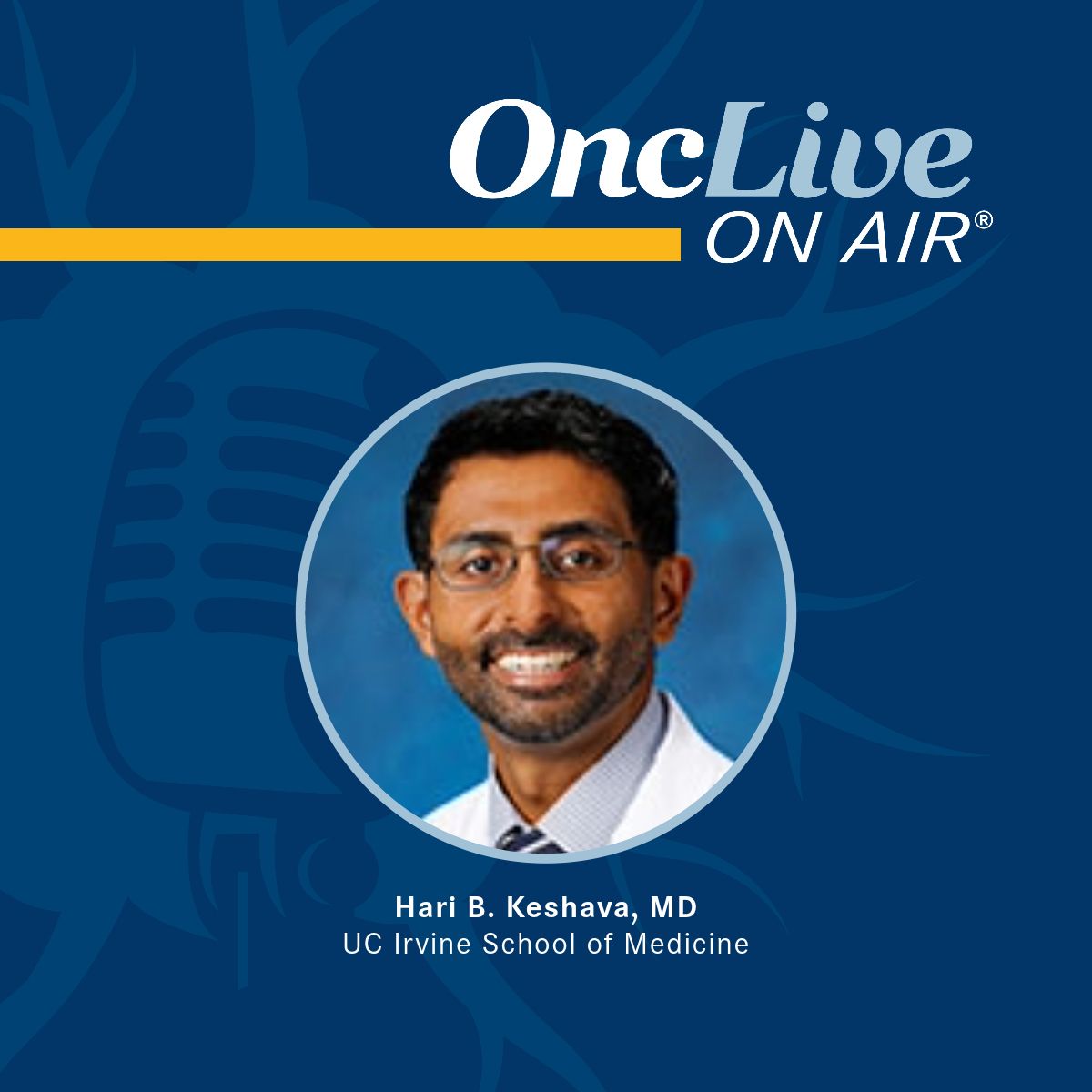Commentary
Video
Dr Liu on the Benefits of Biomarker Testing in NSCLC
Author(s):
Stephen V. Liu, MD, discusses the benefits of conducting biomarker testing for patients with advanced non–small cell lung cancer and highlights the importance of waiting for the results before selecting a targeted treatment.
Stephen V. Liu, MD, associate professor, medicine, Georgetown University, director, Thoracic Oncology, head, Developmental Therapeutics, Georgetown Lombardi Comprehensive Cancer Center, discusses the benefits of conducting biomarker testing for patients with advanced non–small cell lung cancer (NSCLC) and highlights the importance of waiting for the results before selecting a targeted treatment.
When managing a patient with advanced NSCLC, obtaining biomarker results is crucial, though immediate availability is not guaranteed, Liu begins. Although the lung cancer diagnosis may be given promptly, next-generation sequencing may take several weeks to garner, Liu states. Therefore, oncologists are presented with the option of waiting for these results prior to initiating treatment. However, patients are often anxious to commence therapy because of prolonged symptoms and diagnostic delays, Liu emphasizes. Therefore, it's essential to emphasize to patients that the goal of their cancer care is not to deliver the fastest treatment but the most appropriate one, he says.
Administering the wrong therapy or following an incorrect treatment sequence can elicit poor outcomes for the patient, Liu expands. For example, initiating immunotherapy before a targeted agent can heighten some toxicities. Therefore, oncologists make testing and treatment decisions that help them avoid compromising the patient’s disease outcomes, he states. Awaiting biomarker test results is a challenging necessity for patients faced with a diagnosis of metastatic lung cancer who intend to commence systemic therapy, Liu emphasizes. These results guide oncologists toward targeted therapy or away from immunotherapy if they identify an actionable driver, he says.
In situations demanding swift intervention, chemotherapy becomes the viable option. Without knowledge of the driver, targeted therapy is withheld to prevent ineffective treatment, Liu continues. Similarly, immunotherapy is deferred until the driver is identified to avoid potential ineffectiveness in the presence of an EGFR or ALK alteration, Liu says. Furthermore, initiating immunotherapy can complicate the efficacy of subsequent targeted therapy, he emphasizes. Chemotherapy serves as a bridging solution during the testing-to-results interval. Althoughchemotherapy can yield modest responses swiftly, it doesn't alter the subsequent safety profile of other treatments, Liu explains. If necessary, chemotherapy can be safely administered in the interim. However, the ideal scenario involves waiting for biomarker results whenever possible, Liu concludes.









